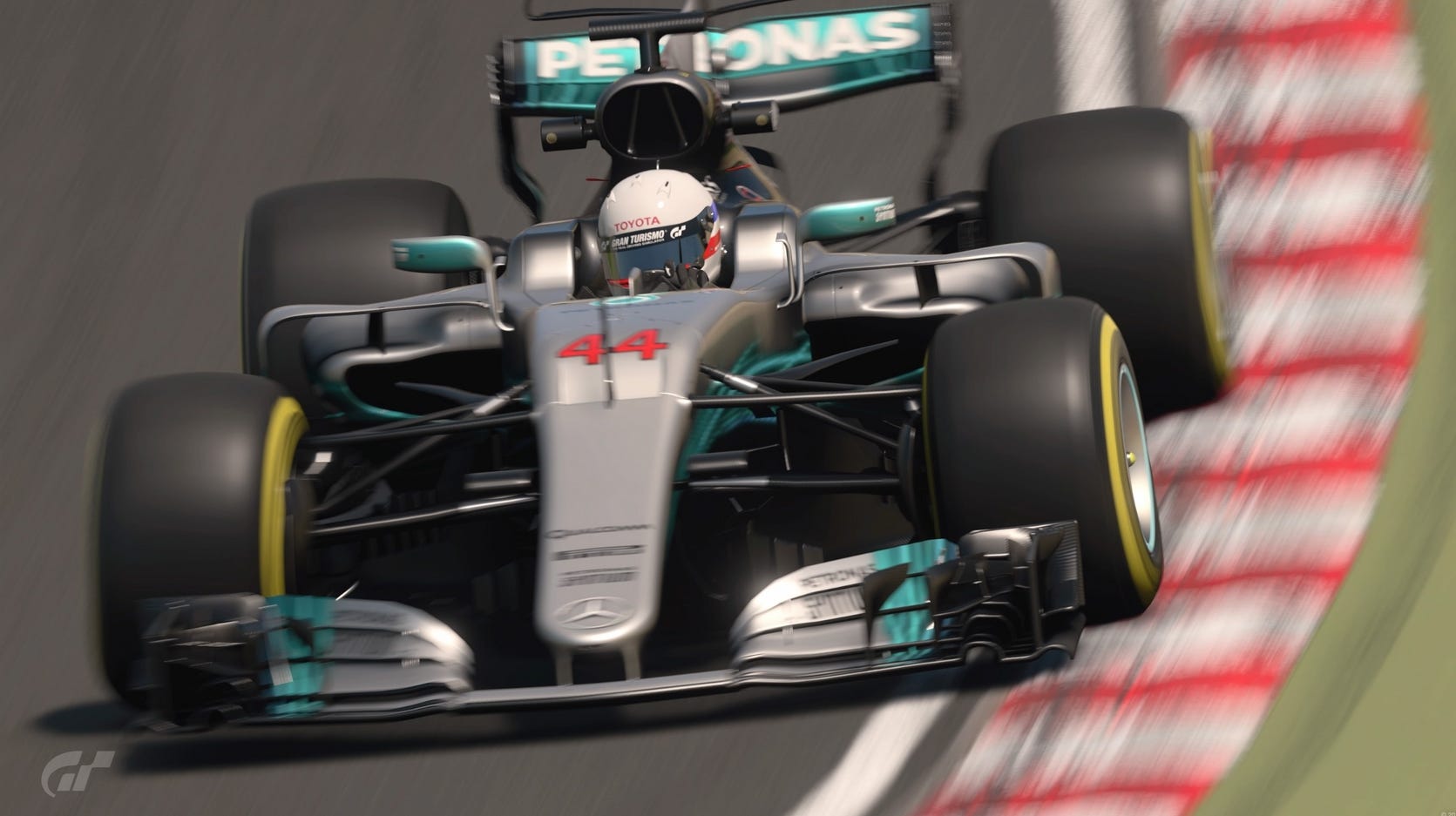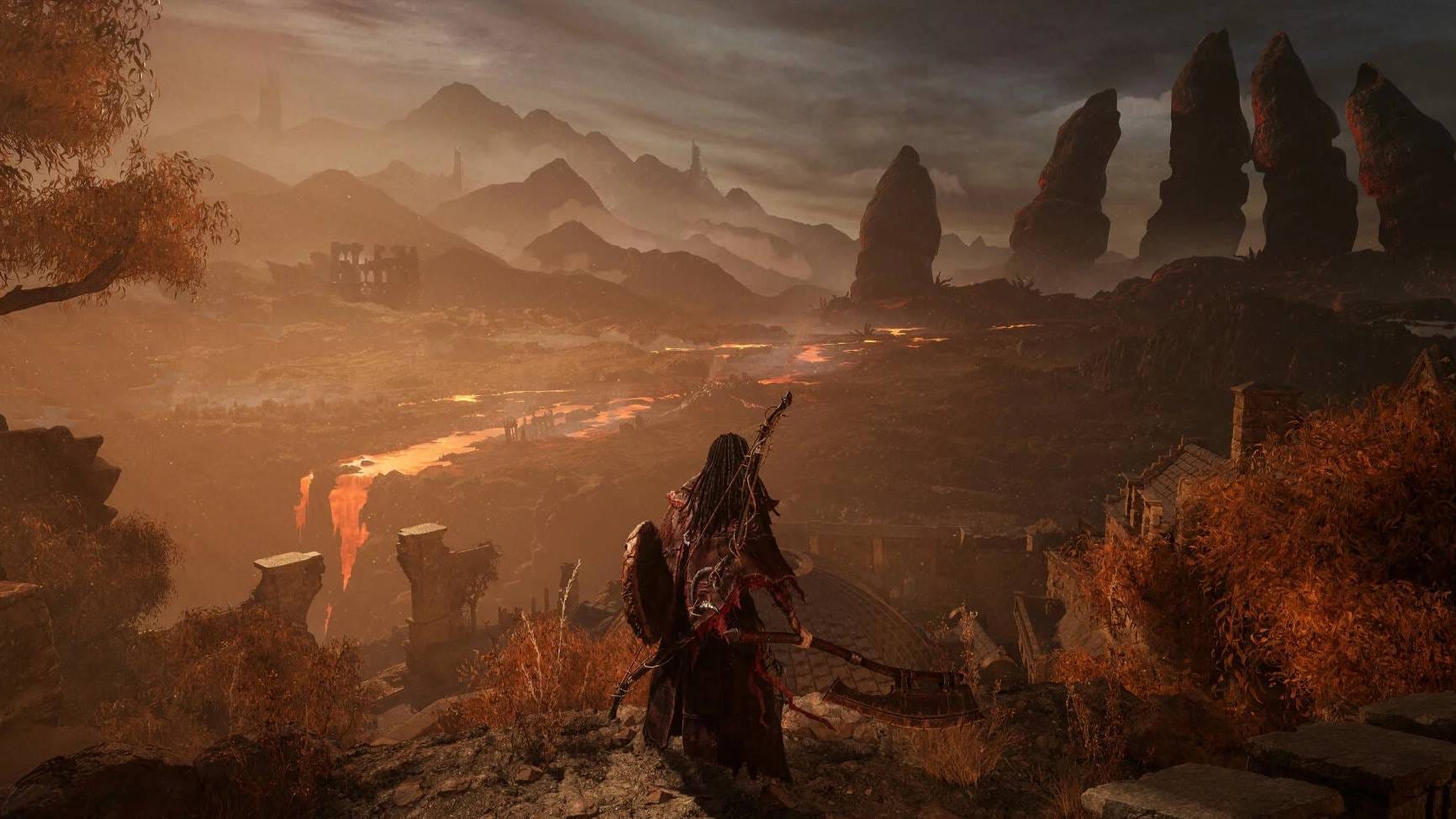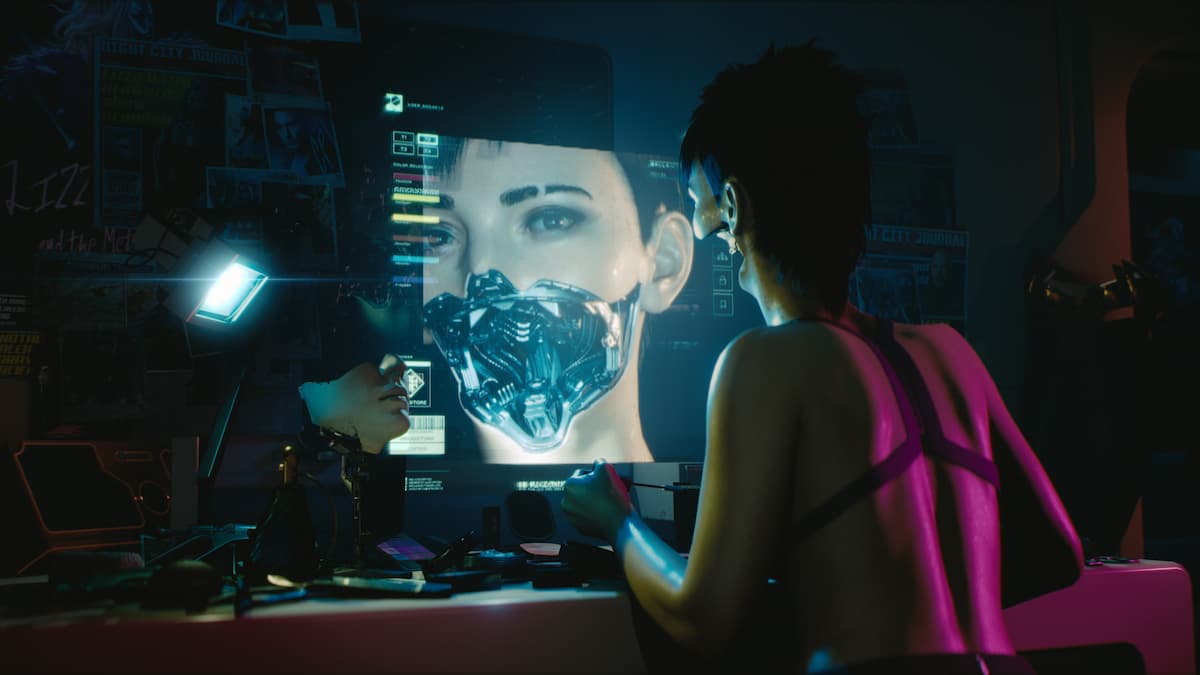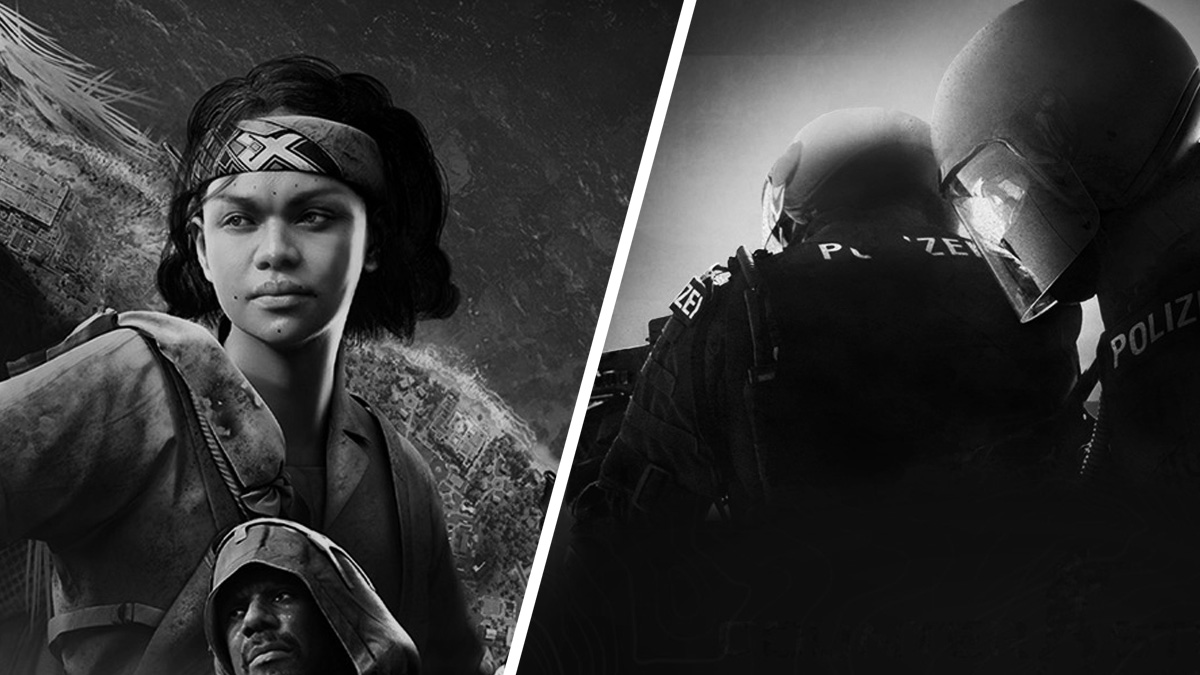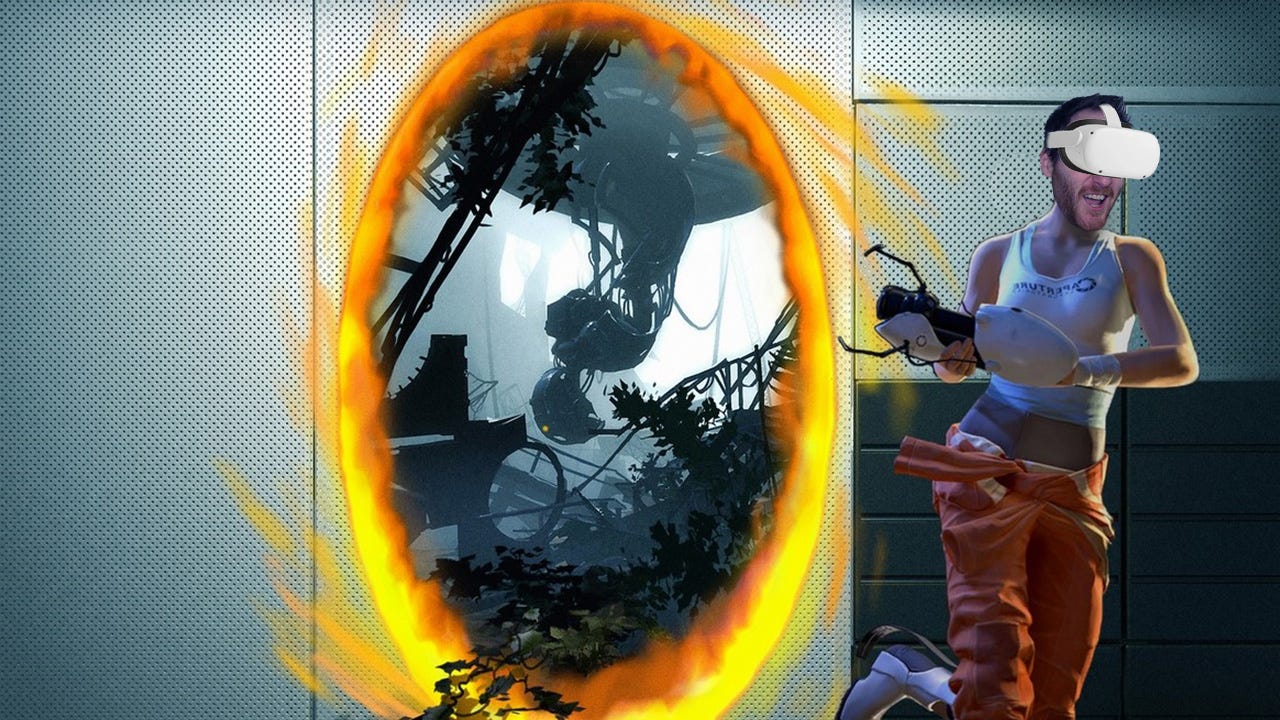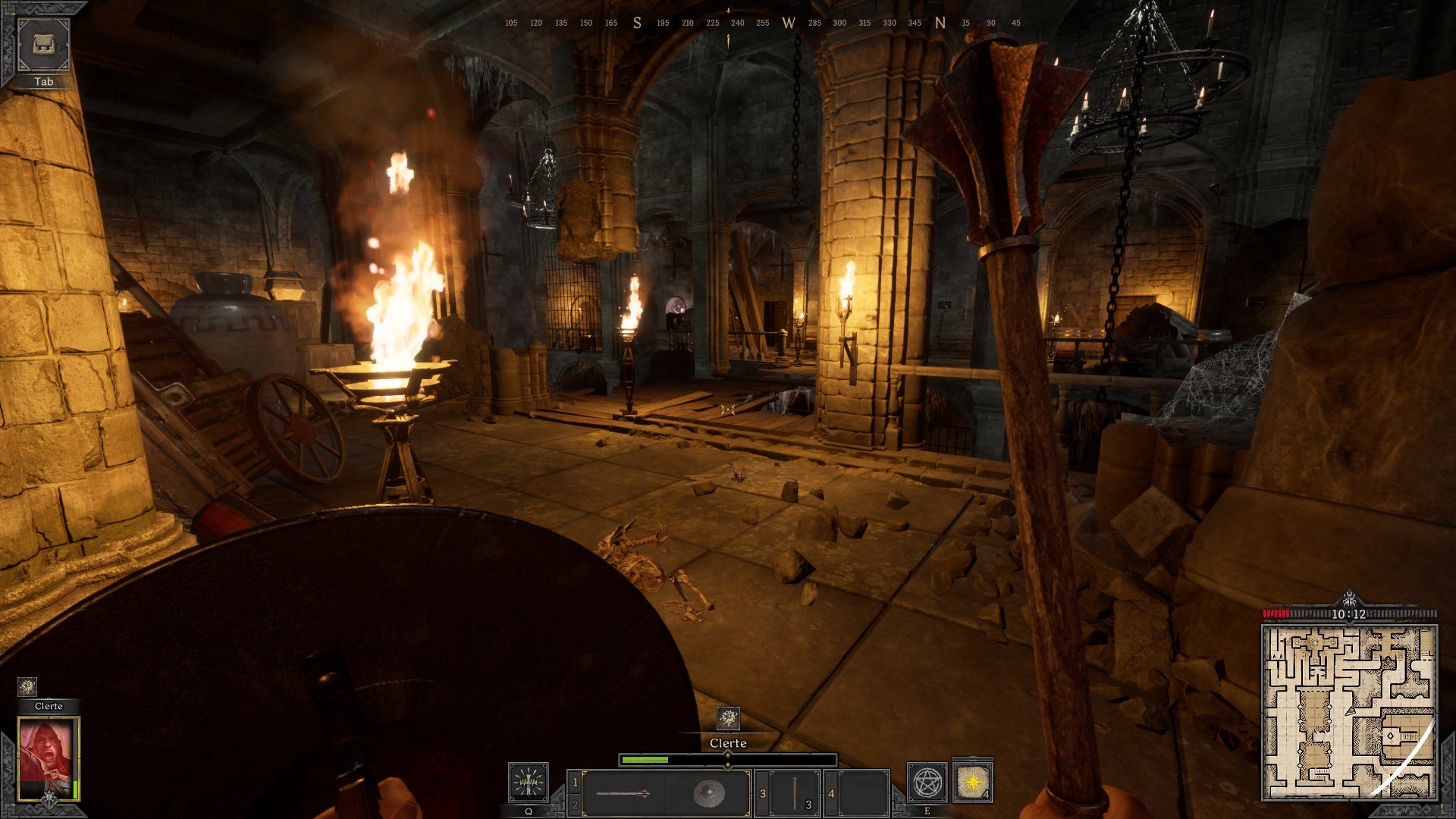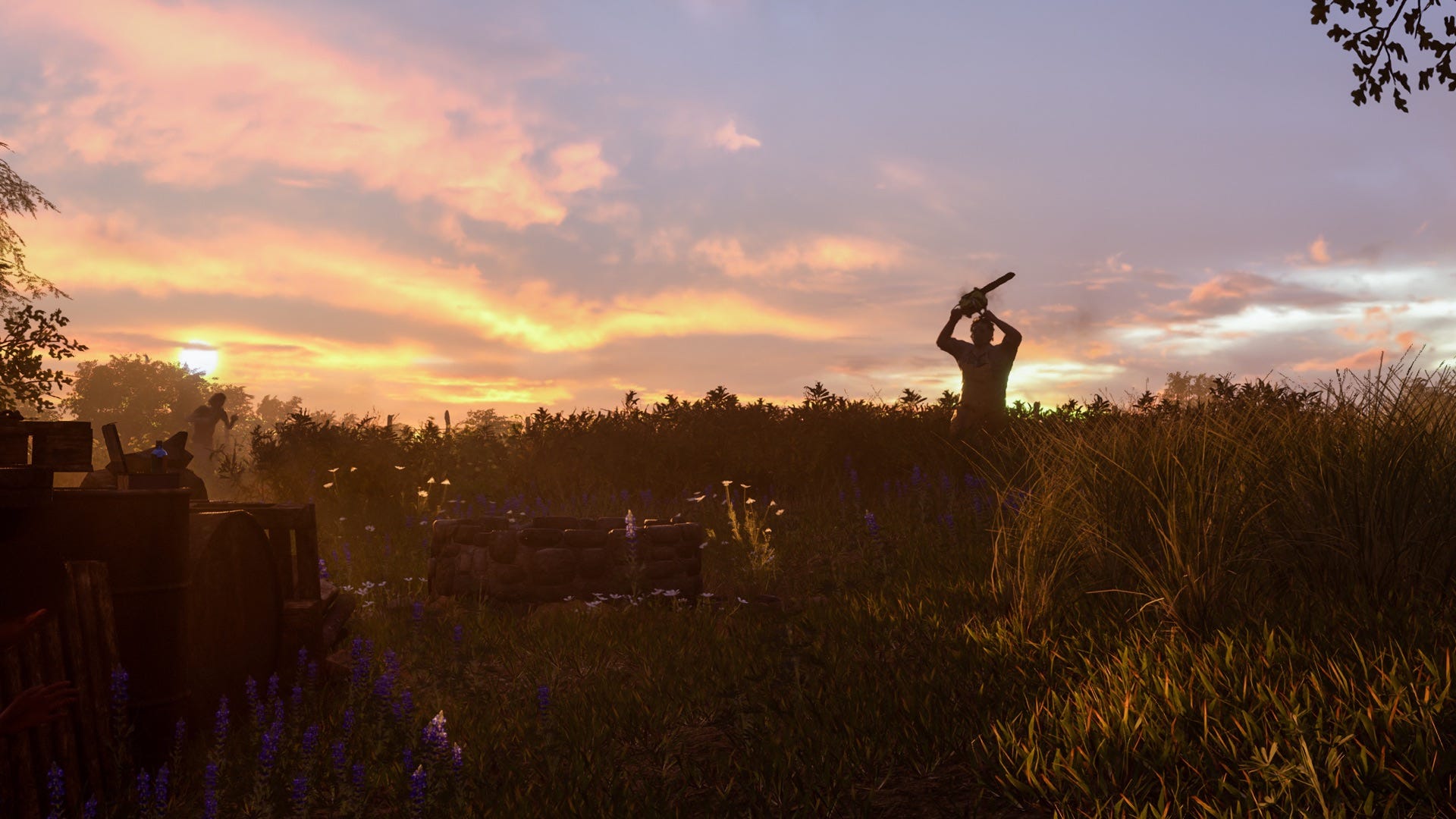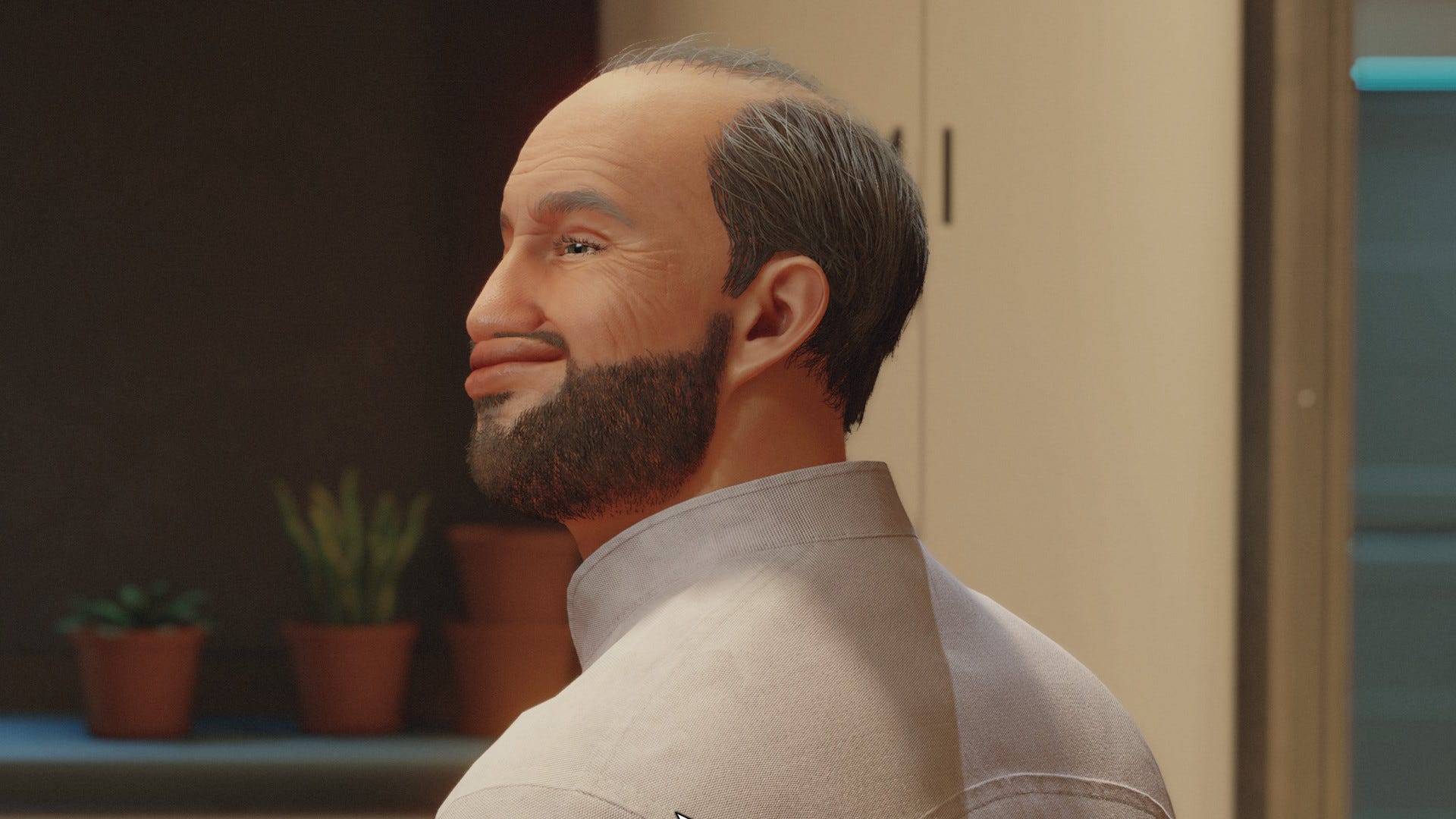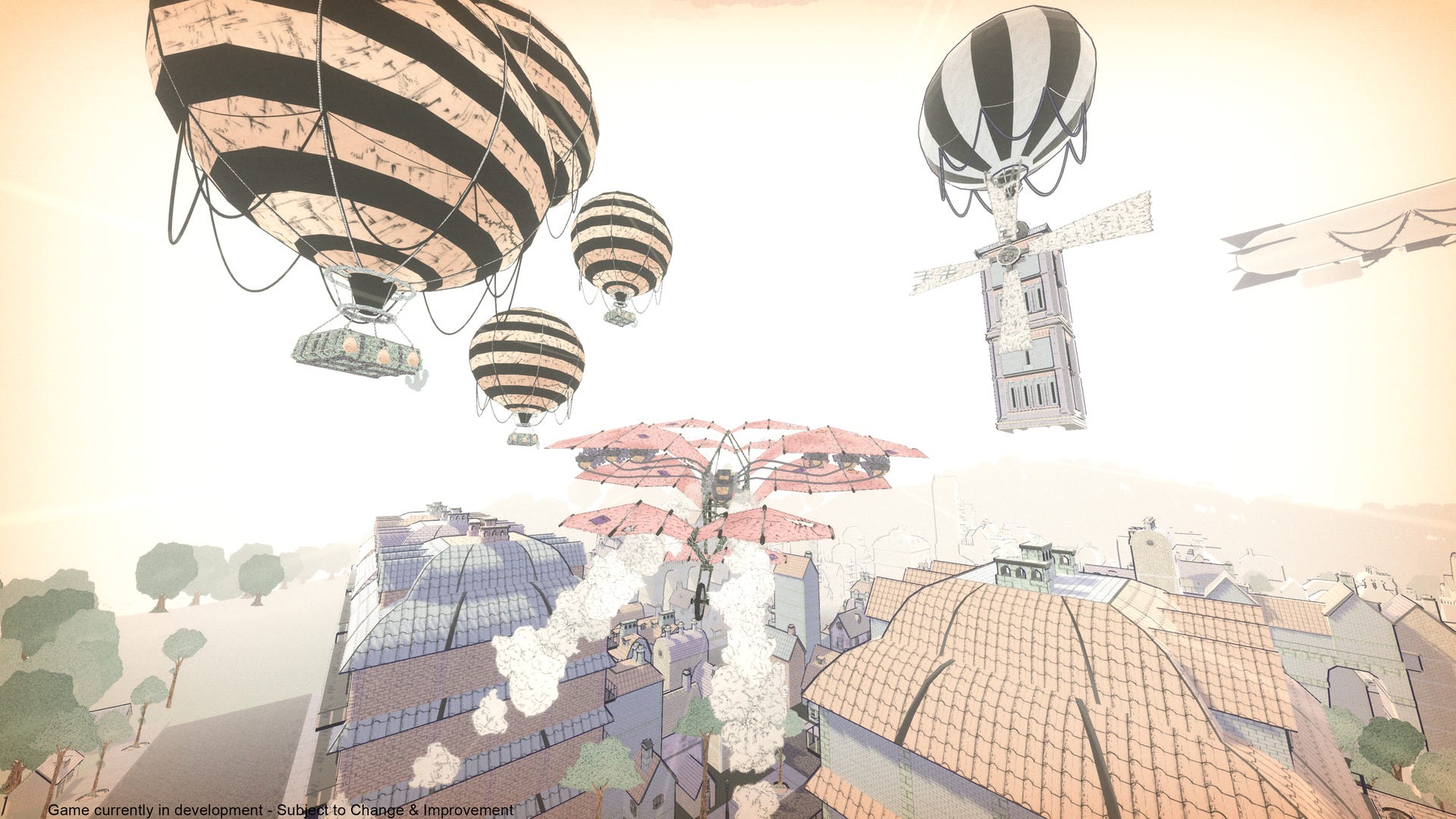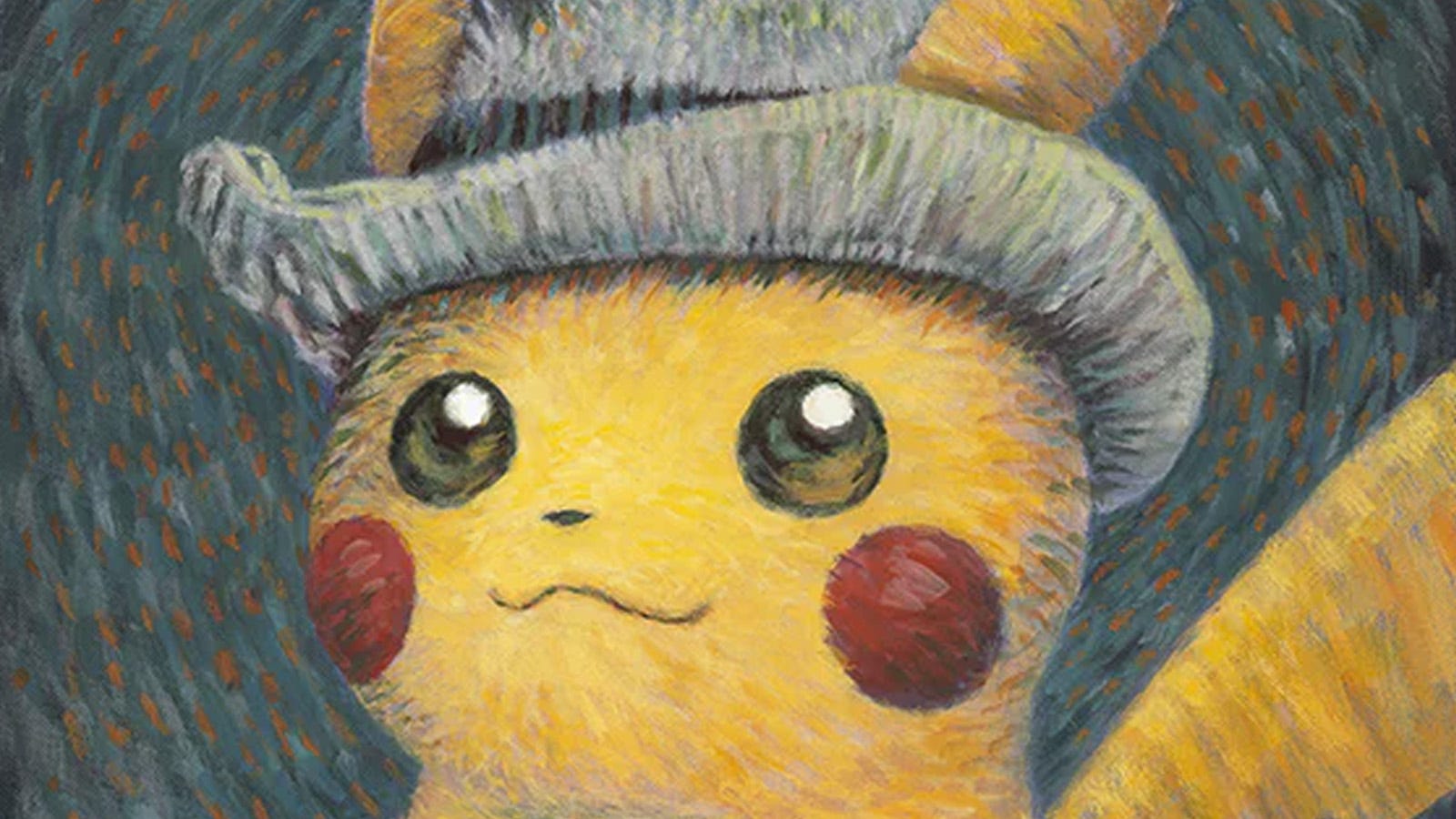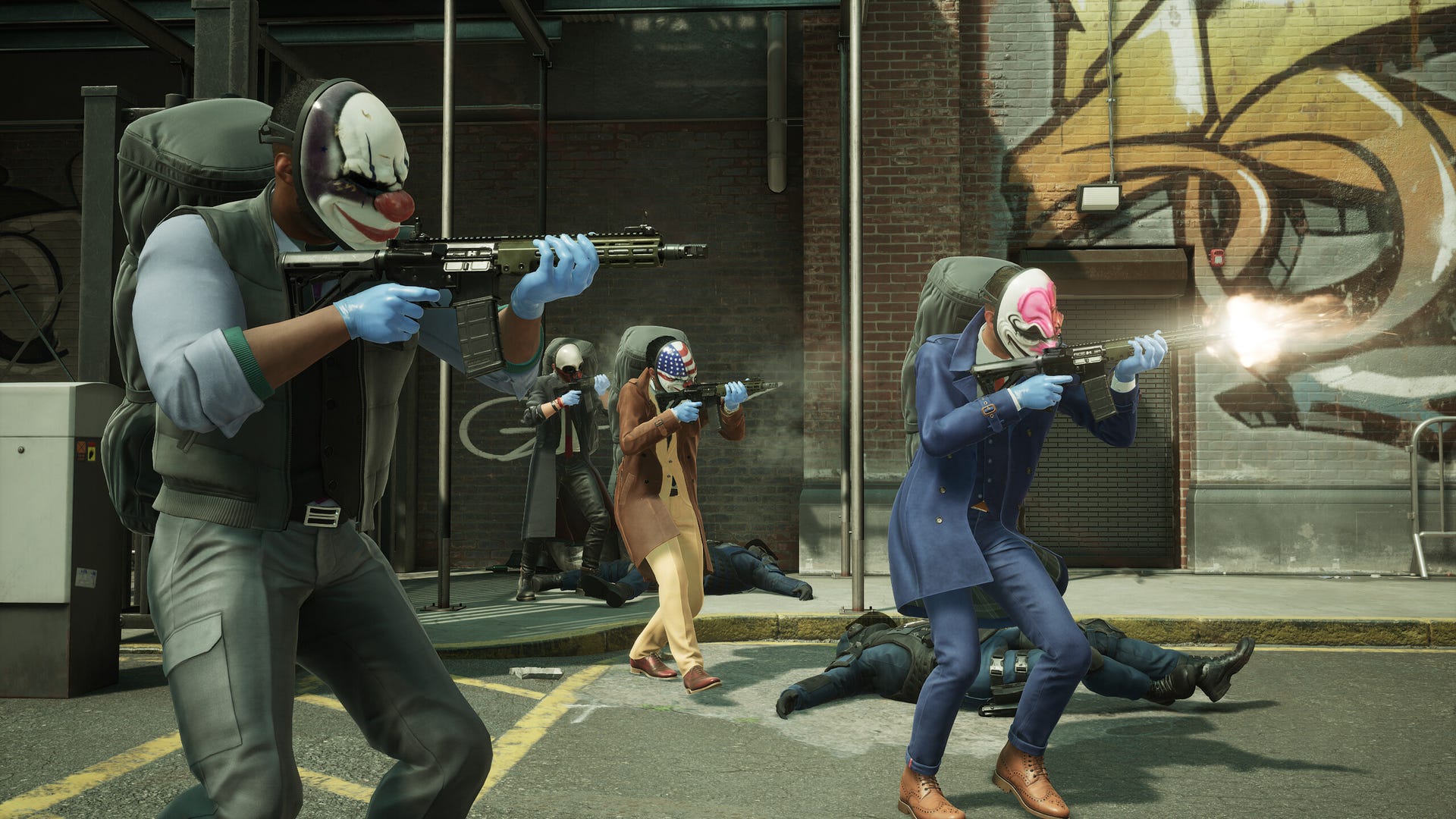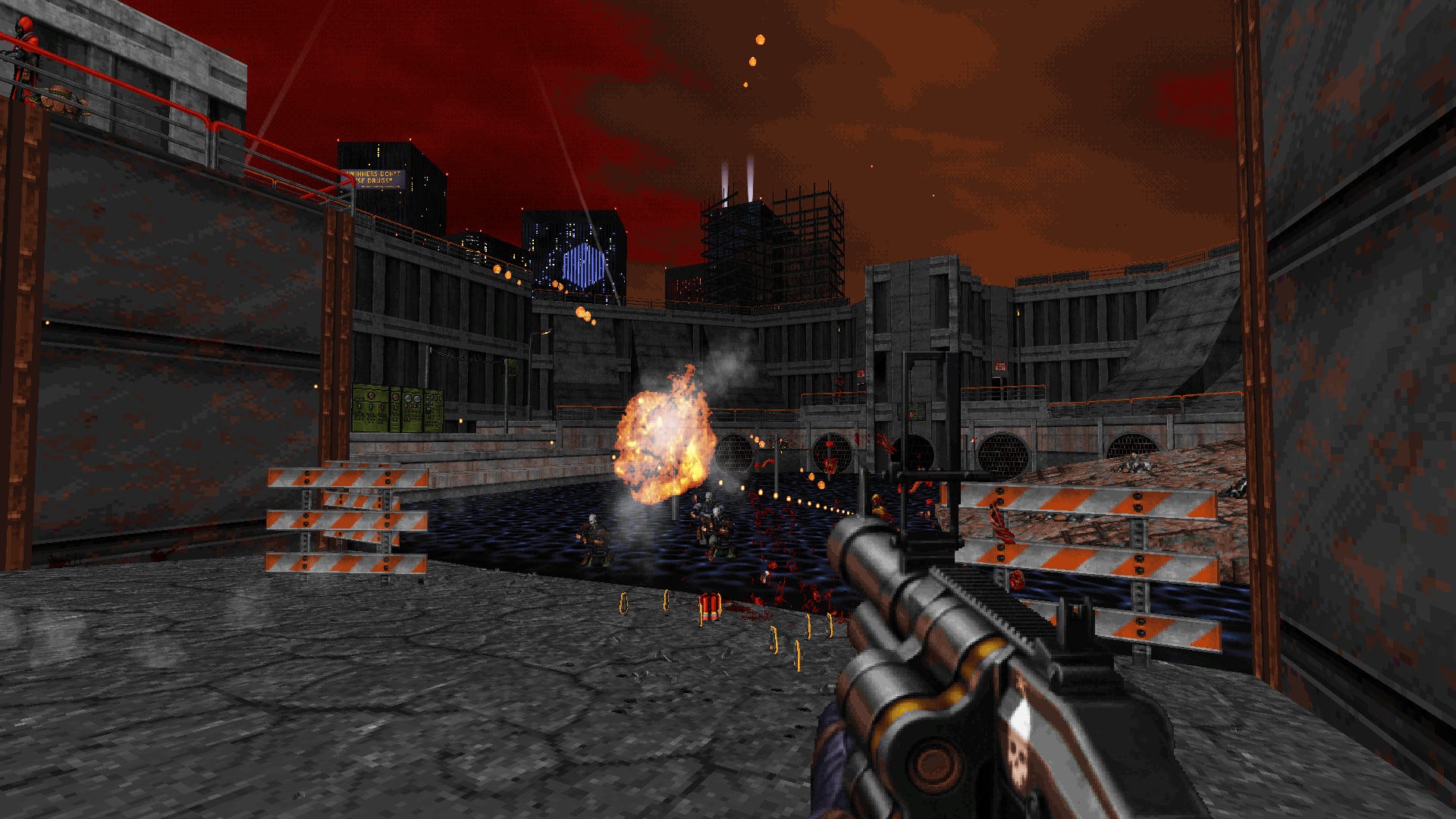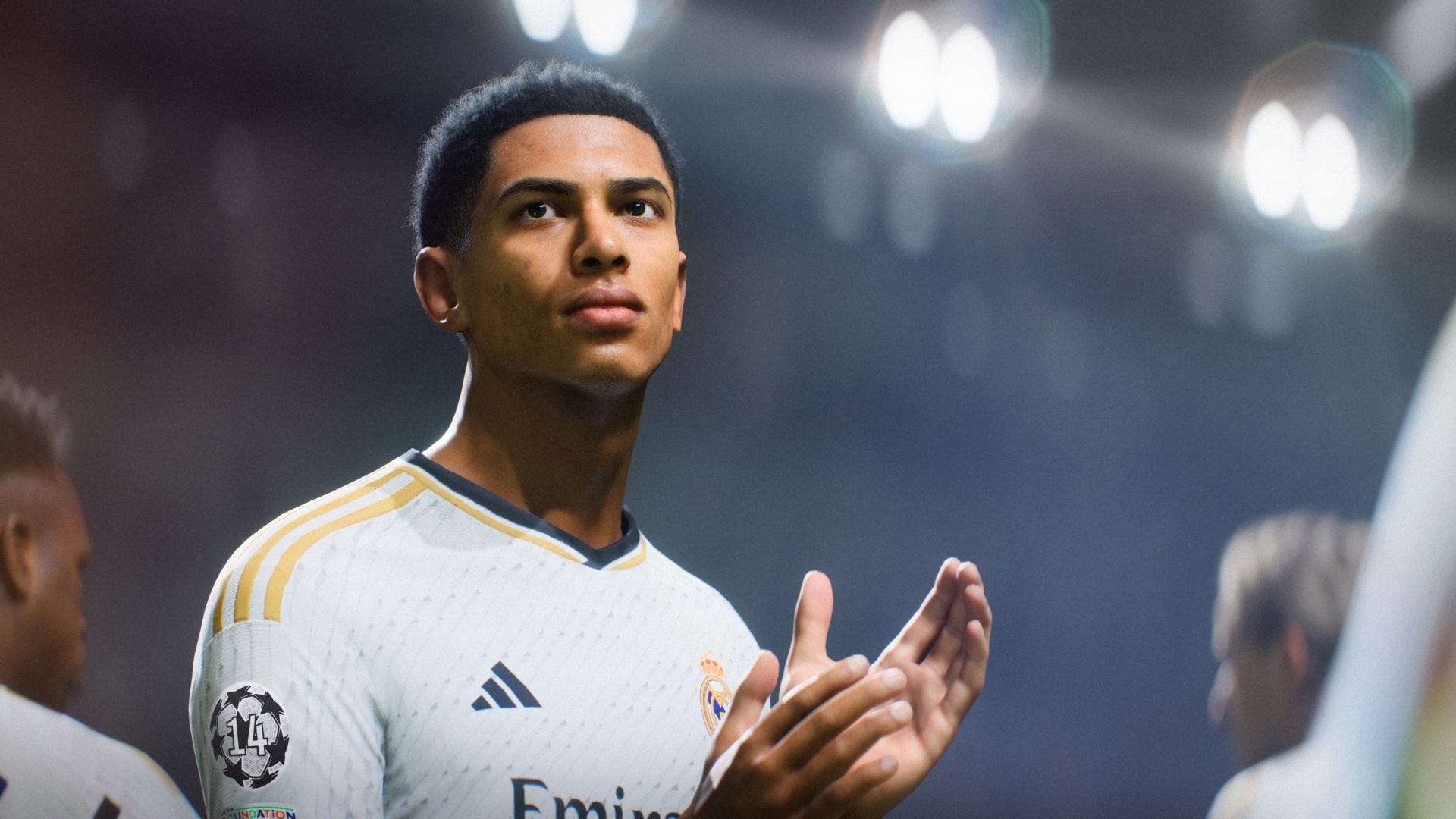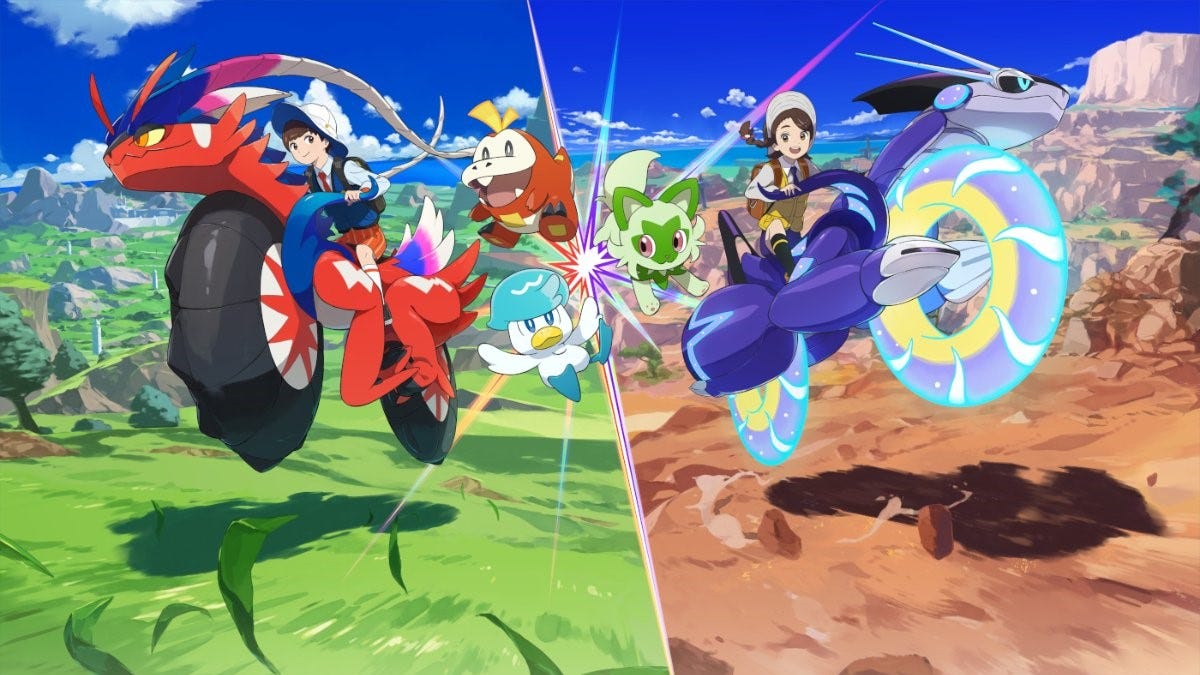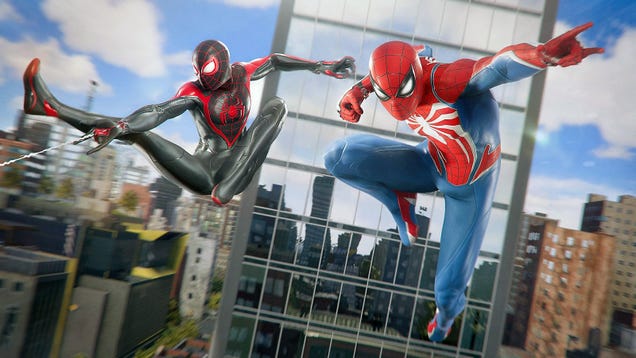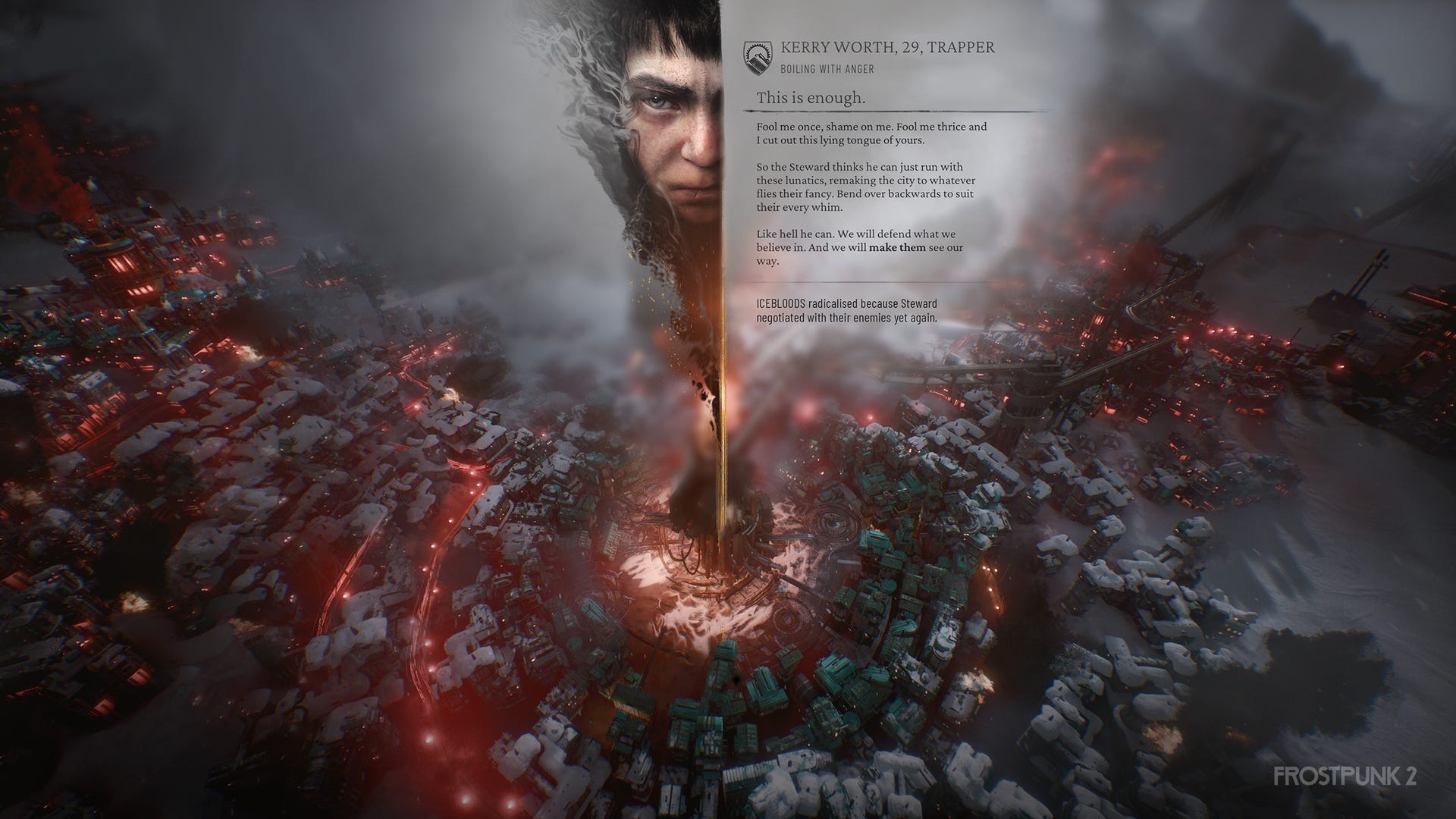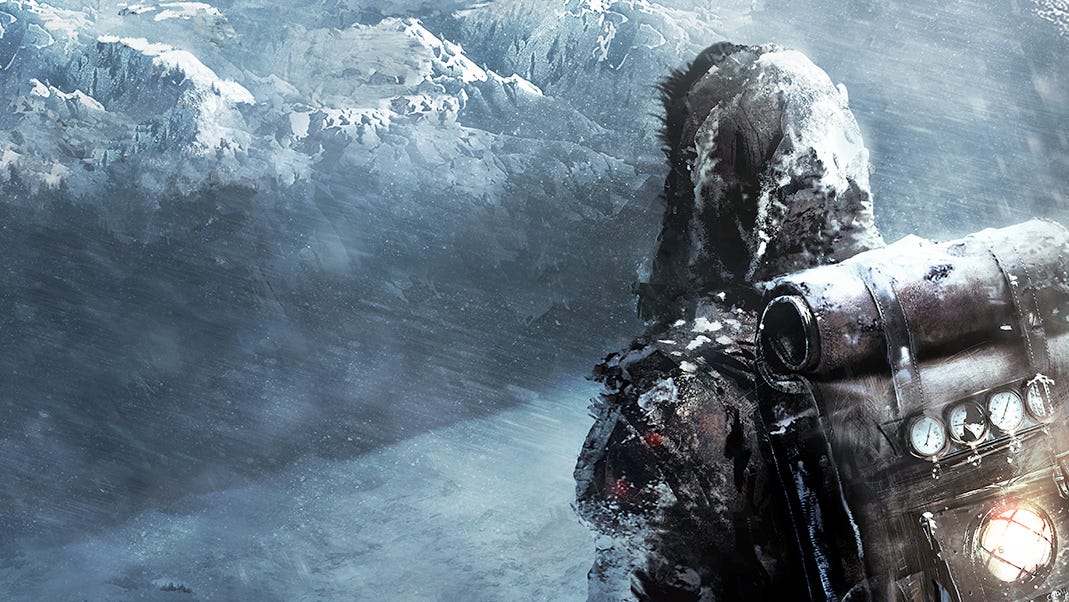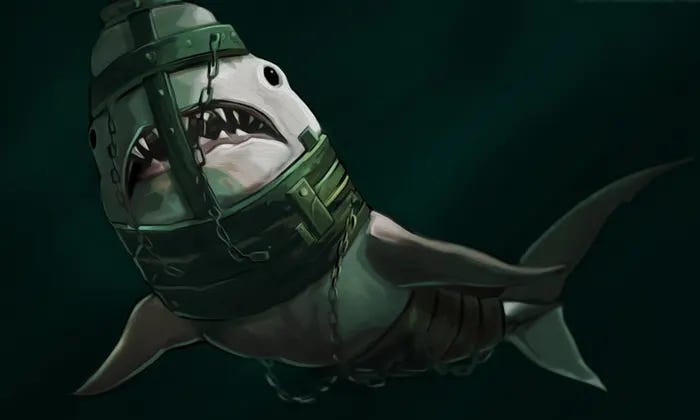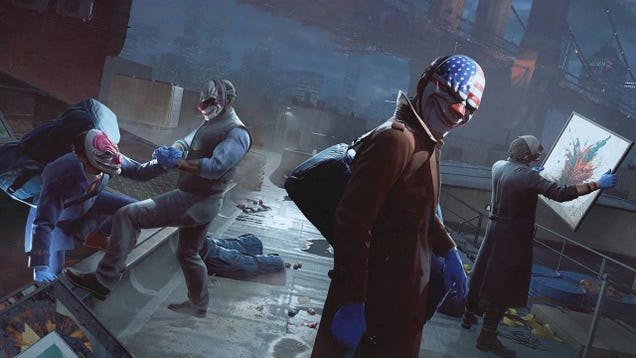Cocoon, Tomb Raider 2, and the pros and cons of being stuck in a game world
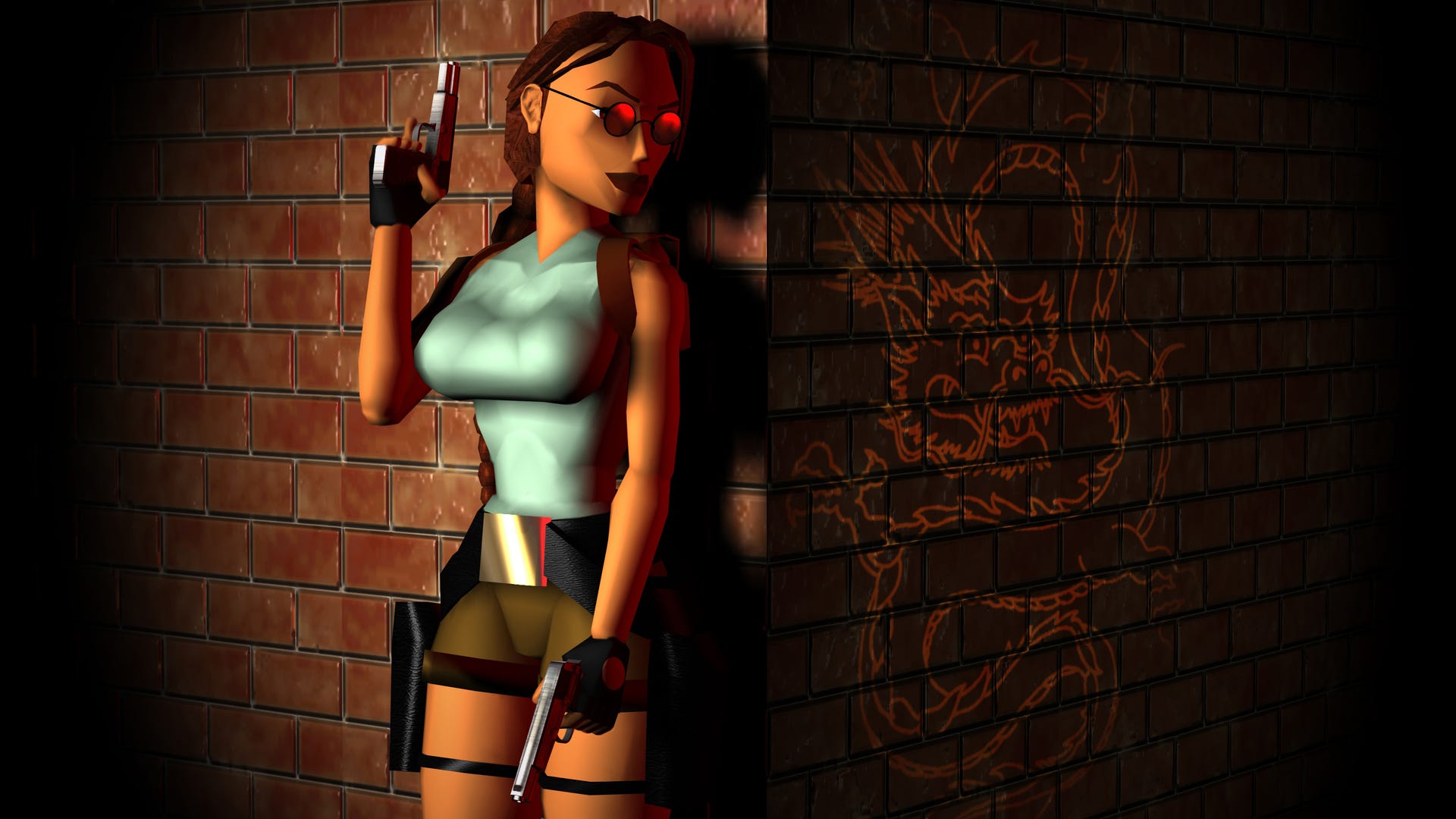
One of the many things I've heard said about games that is always bobbing around in my head is a line from Tim Schafer, of Monkey Island and Double Fine fame. He was talking at a Develop conference in Brighton about a decade ago most likely, and he was talking about the problem of the player getting stuck in video games. "Getting stuck," he said, or something along those lines. "We used to call that gameplay."
I can attest to this in a very personal way. Getting stuck - often getting stuck in games Schafer had helped create - was very much gameplay when I was at school in the 1990s. I remember sitting in maths class with my friend Gareth, passing notes back and forth about what to do with the key we'd found in the chandelier in Maniac Mansion. (I don't think that's one of Schafer's.) A year or so later we'd be talking about how to get through the maze in Monkey Island, or what to do with the Red Herring.
This came back to me this week because I've been playing Cocoon. Cocoon is brilliant. It's one of the best things I have encountered in an absolute age. I am in awe of how it is put together, and what I'm largely in awe of is this: Cocoon is a very intelligent puzzle game with brilliantly devious challenges, and yet I was never stuck for too long. Despite not being particularly brilliant myself, Cocoon found a way to arrange its puzzles in a way that encouraged me to solve them quickly, rather than become overwhelmed and give up.


